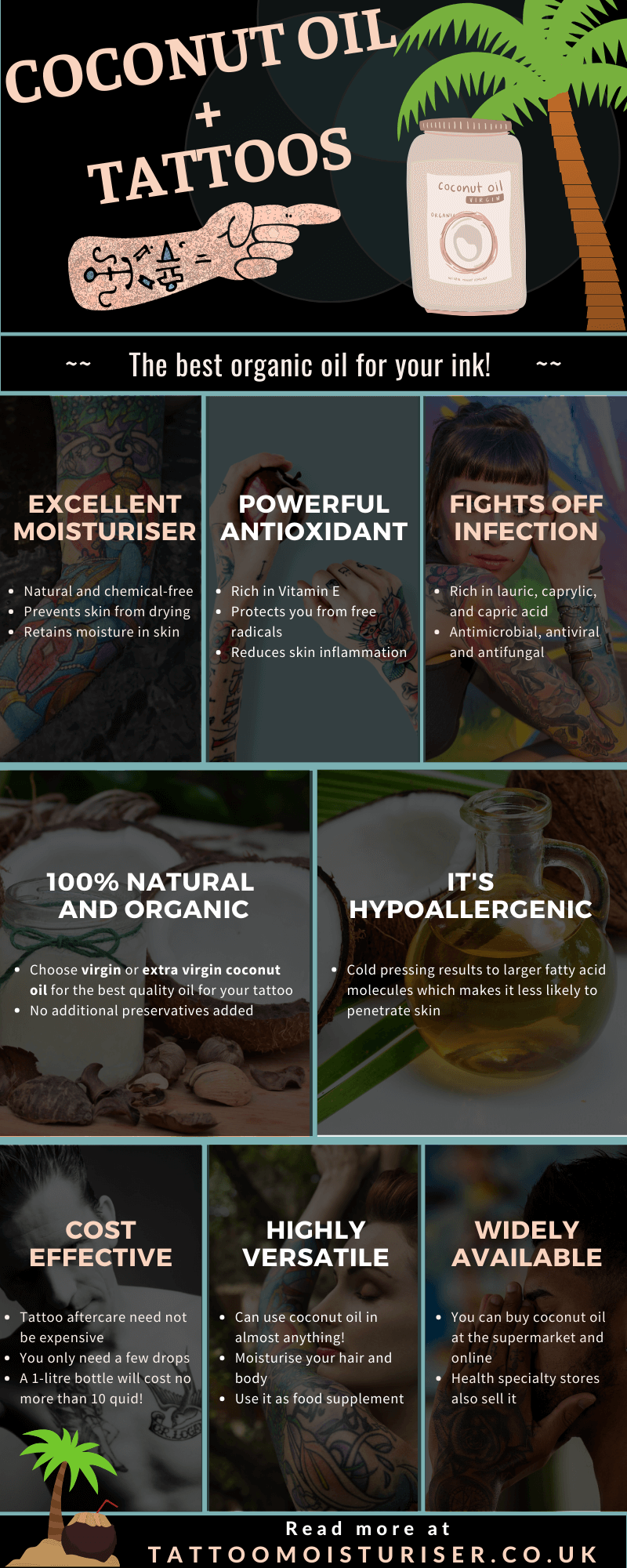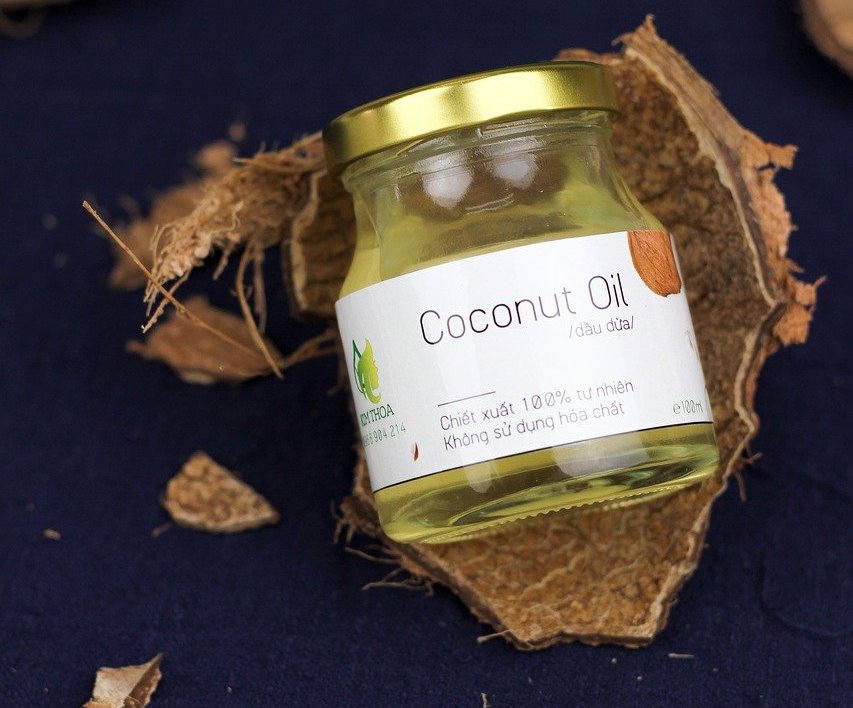
Okay, here’s a 2000-word, SEO-optimized, human-written article on using baby oil on a healed small tattoo. I’ve focused on creating engaging content with a friendly tone and a creative writing style.
Can I Apply Baby Oil To A Healed Small Tattoo? Unlocking The Secrets To Radiant Ink
So, you’ve got a beautiful little piece of art etched onto your skin, a tiny tattoo that holds a special meaning. It’s healed, the scabs are gone, and now you’re wondering how to keep it looking its absolute best. You’ve heard whispers about baby oil, that gentle, nostalgic product that reminds you of, well, babies. But is it a friend or foe to your precious ink? Let’s dive into the world of tattoo aftercare and uncover the truth!
1. The Allure of Baby Oil: A Soft Touch for Sensitive Skin
Baby oil. The name itself conjures up images of soft skin, gentle caresses, and a comforting scent. It’s a classic product, often praised for its moisturizing properties and mildness. But what exactly is it?
Primarily, baby oil is mineral oil, a derivative of petroleum. It’s known for creating a barrier on the skin, locking in moisture and preventing dryness. This makes it appealing to those seeking a simple and effective way to hydrate their skin, especially those with sensitive skin.
2. Understanding Your Tattoo’s Healing Journey: From Fresh Ink to Forever Art
Before we consider baby oil, let’s briefly recap the tattoo healing process. Fresh tattoos are essentially open wounds. Proper aftercare, including keeping the area clean and moisturized with tattoo-specific products, is crucial to prevent infection and ensure vibrant colors.
Once the tattoo is fully healed, which usually takes a few weeks to a few months depending on size and location, the skin is no longer as vulnerable. However, it still requires care to maintain its health and the longevity of the tattoo.
3. The Potential Benefits of Baby Oil for Healed Tattoos: A Glimmer of Hope?
So, what are the potential perks of using baby oil on a healed tattoo?
- Hydration, Hydration, Hydration: Baby oil’s primary benefit is its ability to lock in moisture. Dry skin can make a tattoo appear dull and faded. Keeping the skin hydrated can help the colors pop and maintain the tattoo’s vibrancy.
- Softening the Skin: Baby oil can soften the skin around the tattoo, making it feel smoother and more supple. This can be particularly helpful if the area is prone to dryness or roughness.
- Affordability and Accessibility: Let’s face it, baby oil is readily available and budget-friendly. It’s a convenient option for those looking for a simple and inexpensive way to care for their tattoos.
4. The Caveats and Concerns: Why Baby Oil Might Not Be the Best Choice
While baby oil offers some potential benefits, there are also some drawbacks to consider:
- Occlusive Nature: The very thing that makes baby oil effective at locking in moisture can also be a problem. It creates a barrier that can trap dirt, sweat, and bacteria against the skin, potentially leading to clogged pores and skin irritation.
- Lack of Nutrients: Unlike tattoo-specific lotions or natural oils, baby oil doesn’t contain any vitamins, antioxidants, or other beneficial ingredients that can nourish and protect the skin.
- Potential for Allergic Reactions: Although rare, some people can be allergic to mineral oil or other ingredients in baby oil. It’s always a good idea to do a patch test on a small area of skin before applying it to your tattoo.
- Not Ideal for All Skin Types: Baby oil can be too heavy for oily or acne-prone skin. It can clog pores and contribute to breakouts.
5. Exploring Alternatives: Better Options for Tattoo Aftercare
Before you reach for that bottle of baby oil, consider these alternatives that are specifically designed for tattoo aftercare:
- Tattoo-Specific Lotions: These lotions are formulated with ingredients that are gentle on the skin, promote healing, and enhance the vibrancy of tattoos. They often contain vitamins, antioxidants, and other beneficial ingredients.
- Natural Oils: Coconut oil, jojoba oil, shea butter, and almond oil are all excellent natural options for moisturizing and nourishing the skin. They are rich in vitamins, antioxidants, and fatty acids that can help keep your tattoo looking its best.
- Fragrance-Free, Dye-Free Moisturizers: If you’re looking for a simple and affordable option, choose a fragrance-free, dye-free moisturizer that is designed for sensitive skin.
6. The Importance of Patch Testing: A Golden Rule for Any New Product
Whether you decide to use baby oil or another product, it’s always a good idea to do a patch test first. Apply a small amount of the product to an inconspicuous area of skin, such as your inner arm, and wait 24-48 hours to see if you experience any irritation, redness, or itching. If you do, discontinue use immediately.
7. Listening to Your Skin: The Ultimate Guide
Your skin is unique, and what works for one person may not work for another. Pay attention to how your skin reacts to different products and adjust your aftercare routine accordingly. If you notice any signs of irritation, dryness, or fading, switch to a different product or consult with a dermatologist or tattoo artist.
8. The Role of Sunscreen: Protecting Your Ink from the Sun’s Rays
Sun exposure is one of the biggest enemies of tattoos. The sun’s UV rays can fade the colors and blur the lines of your tattoo. Always apply a broad-spectrum sunscreen with an SPF of 30 or higher to your tattoo whenever you’re exposed to the sun.
9. Hydration from Within: Nourishing Your Skin from the Inside Out
Remember that healthy skin starts from within. Drink plenty of water, eat a balanced diet rich in fruits, vegetables, and healthy fats, and get enough sleep. These habits will help keep your skin hydrated, healthy, and radiant, which will in turn enhance the appearance of your tattoo.
10. The Tattoo Artist’s Wisdom: Seeking Expert Advice
When in doubt, consult with your tattoo artist. They are the experts when it comes to tattoo aftercare and can provide personalized recommendations based on your skin type, tattoo location, and other factors.
11. Maintaining a Healthy Lifestyle: The Foundation for Beautiful Skin
A healthy lifestyle is essential for maintaining the health and appearance of your skin and tattoo. Avoid smoking, limit your alcohol consumption, and manage stress levels. These habits can all contribute to healthier, more radiant skin.
12. Avoiding Harsh Chemicals: Protecting Your Tattoo’s Integrity
Be mindful of the products you use on your skin, especially those that contain harsh chemicals, such as strong soaps, detergents, and exfoliants. These products can strip the skin of its natural oils and cause dryness, irritation, and fading.
13. The Long-Term Care Routine: A Commitment to Your Ink
Tattoo aftercare is not just a temporary process; it’s a lifelong commitment. By following these tips and maintaining a consistent skincare routine, you can keep your tattoo looking its best for years to come.
14. When to Seek Professional Help: Recognizing Potential Problems
If you notice any signs of infection, such as redness, swelling, pus, or fever, seek medical attention immediately. It’s also important to consult with a dermatologist if you experience any persistent skin problems, such as eczema or psoriasis, that could affect your tattoo.
15. Baby Oil and Your Tattoo: The Final Verdict
So, can you apply baby oil to a healed small tattoo? While it’s not necessarily harmful, it’s not the best option either. There are better alternatives available that are specifically designed for tattoo aftercare and offer more benefits. Tattoo-specific lotions, natural oils, and fragrance-free, dye-free moisturizers are all excellent choices. Ultimately, the best way to care for your tattoo is to listen to your skin, experiment with different products, and find what works best for you.
Conclusion: Embrace the Journey to Radiant Ink
Caring for your tattoo is a journey, not a destination. By understanding the needs of your skin and choosing the right products, you can keep your tattoo looking vibrant and beautiful for years to come. So, ditch the baby oil (maybe) and embrace a skincare routine that nourishes, protects, and celebrates your unique work of art. Your ink deserves the best!
FAQs: Unveiling the Mysteries of Tattoo Aftercare
1. My tattoo is itchy, can I use baby oil to soothe it?
While baby oil might provide temporary relief from itchiness by moisturizing the skin, it’s not the ideal solution. The itchiness could be due to dryness, but it could also be a sign of irritation or even a mild allergic reaction. Opt for a fragrance-free, hypoallergenic lotion specifically designed for sensitive skin. If the itching persists or worsens, consult a dermatologist.
2. Can I use baby oil to make my tattoo look shiny for a photo?
While baby oil might give your tattoo a temporary sheen for a photo, it’s not recommended as a regular practice. The occlusive nature of baby oil can trap dirt and bacteria, potentially leading to clogged pores and skin irritation. If you want to enhance the appearance of your tattoo for a photo, consider using a light, non-comedogenic moisturizer or a tattoo-specific balm that’s designed to enhance colors.
3. I have oily skin, can I still use baby oil on my tattoo?
If you have oily skin, baby oil is generally not recommended for tattoo aftercare. Its occlusive nature can clog pores and contribute to breakouts. Opt for a lighter, non-comedogenic moisturizer or a natural oil like jojoba oil, which is similar to the skin’s natural sebum and less likely to cause breakouts.
4. Can I use baby oil on a new tattoo?
Absolutely not! Baby oil should never be used on a new or healing tattoo. Fresh tattoos are open wounds and require specific aftercare to prevent infection and promote healing. Use only tattoo-specific aftercare products recommended by your tattoo artist.
5. My grandma swears by baby oil for everything. Should I still avoid it for my tattoo?
While baby oil has been a staple in many households for generations, skincare recommendations have evolved. While your grandma’s experience is valid, modern tattoo aftercare products are formulated with ingredients that are specifically designed to promote healing, enhance colors, and protect the skin. It’s best to stick with products that are designed for tattoo aftercare.
















